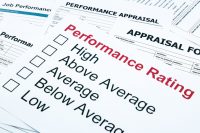How Does Continuous Performance Management Work
In a previous post, we discussed the results of the State of Continuous Performance Management Survey. The survey results showed significant reductions in some of the negative impacts of only performing annual reviews when companies instead utilized what is known as continuous performance management.






